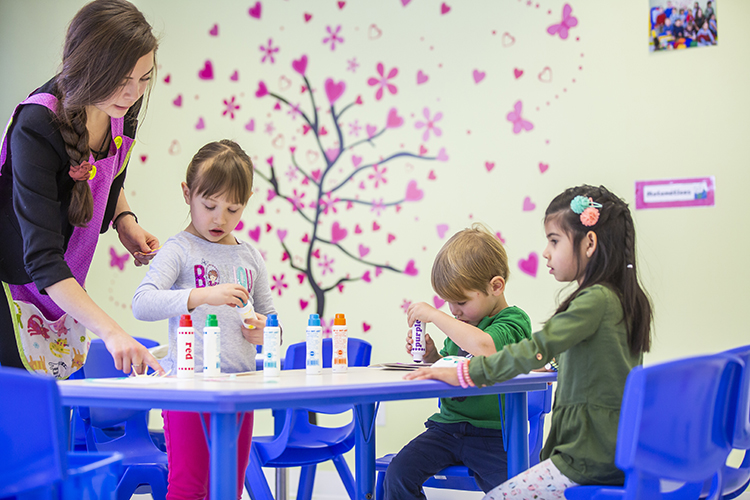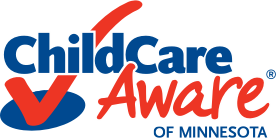2022 Legislative Session Update

As lawmakers return to the Capitol this week from their spring break, their focus will be on the passage of all of the omnibus bills (packages of policy and funding proposals by topic area) and negotiating differences in those proposals through conference committees.
The current House and Senate bills are taking very different approaches to their early childhood proposals. The Minnesota House’s budget proposal includes a $1.6 billion omnibus tax bill. One of the pieces of this bill expands tax credits for child care and education expenses.
The House also proposes an additional $1.2 billion next year for early care and education, including more funding for child care assistance, ongoing funds for stabilization and hardship grants, expanding of Early Learning Scholarships to ages 0-3, and a new, combined Voluntary Pre-K program delivered through public schools, child care centers, head start programs, and licensed family child care programs.
In contrast, the Senate’s proposed tax bill contains no tax credits for child care or education expenses. The Senate also does not include any new funding for early care and education in its budget proposal.
To meet the constitutionally required adjournment date of May 23, negotiations are needed between the House and Senate leadership and the Governor. However, because the current state budget is set through June 2023, there is a chance that the Legislature could adjourn without spending any of the $9.3 billion surplus. If that is the case, surplus funds will be back on the table during the budget-setting session in 2023.
The most up to date information on early care and education legislation is available weekly on the Child Care Aware of Minnesota website.
